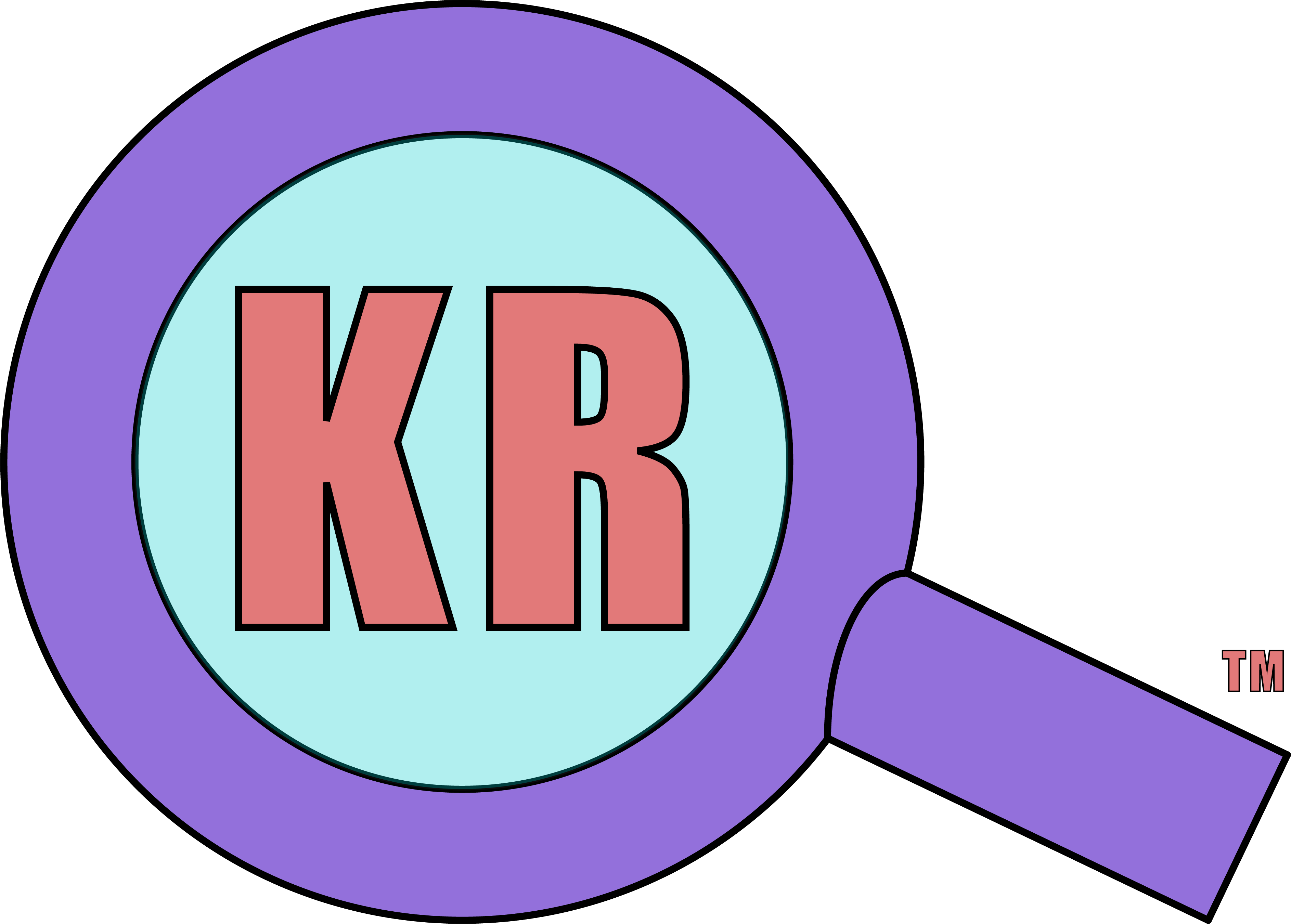You’ve likely heard of beta reading or beta testing before, where you get a nearly final product to test out or read and give feedback to make the version released to the public the best it can be. But does anything come before beta? Yes! Alpha testers or readers are the ones who experience the rawest form of the product. In writing, that means the very first draft. If you’ve ever presented a piece to a writing group or workshop, you’ve had alpha readers.
My alpha reader is a good friend I’ve known for many years. I’ll drop sections or whole chapters for them to read and they give me honest feedback on how to make it better. The sections may not be completely raw, but they are the first to see a work besides myself. Alpha readers look at your work in much the same way beta readers do, searching for plot holes, loose ends, and anything else that will distract a reader from the story. What they don’t do is point out editorial mistakes like spelling, grammar, sentence structure, or punctuation – unless there are glaring mistakes that distract from the story.
Does your alpha reader have to be a fellow writer or an editor themselves? No, but since they’re reading your first draft and looking to help you make the story better, it can help if they know a little about the process. This friend of mine isn’t a writer, but asks intelligent questions and makes thoughtful comments that makes my writing better. You could consider them ‘casual readers’ whose feedback helps build the story into the product that beta readers, and ultimately the reader who buys the book, will experience.
Do you need alpha readers? Yes! And us writers have used them whether or not we know it, and you have, too. Remember back to your school days of writing book reports or other long works and you gave the paper to your mom or another family member to read the first draft – that person was your alpha reader. With their suggestions, the work got better and when you returned it to them after the suggested revisions, or presented it to someone else, that person was your beta reader, and the teacher you turned it in to the final audience.
The value an alpha reader brings is that they don’t live with your story daily the way you do. They’re a set of ‘fresh eyes’ that can point out the flaws you’ll never see, even if you self-edit a dozen times and give the story a rest between reads. You know it too well, know what you want to see, and see it.
If you’re a writer looking for an alpha reader for the first time, you may not even know what to ask of them. If you’ve been enlisted by a writer as their alpha reader, here are some questions to ask or answer to help make the work better:
Did you have any questions once you’d read it?
What’s working here?
What’s not working for you?
What do you think of the alpha reading process? Let’s talk more on Facebook!

